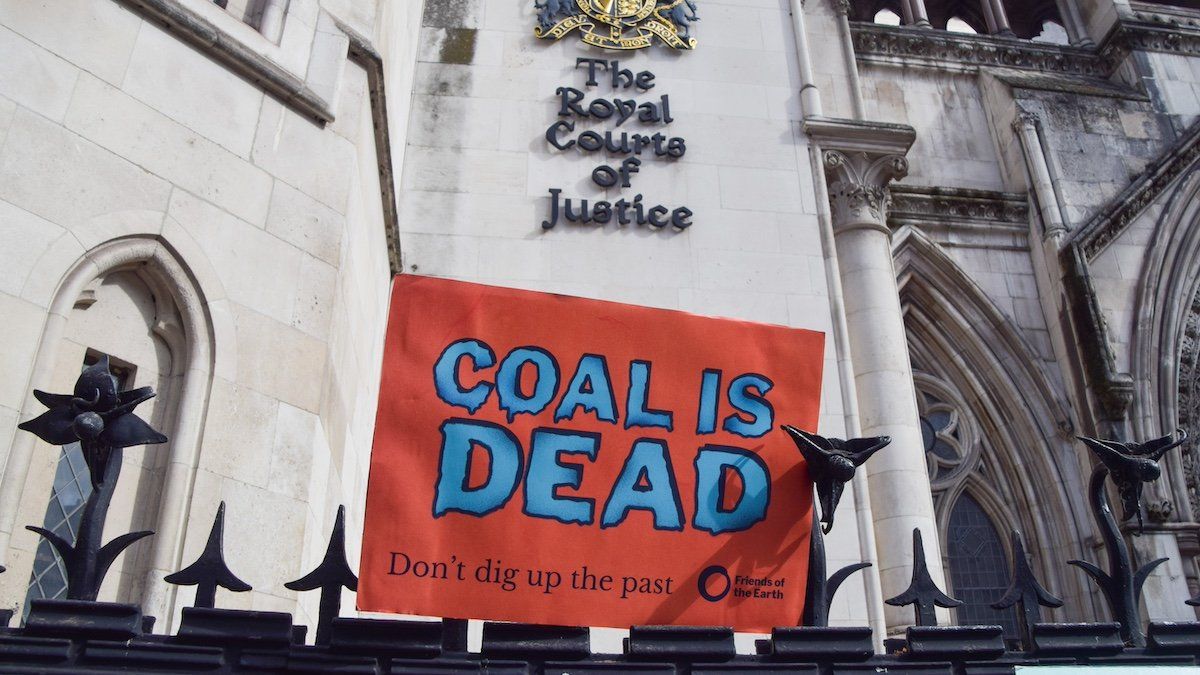142: After 142 years, the UK government closed the country’s last coal-fired power plant on Monday night. Coal power was a critical factor in the British-born Industrial Revolution of the 18th century, but it wasn’t until 1882 that the British opened the first public coal power plant. The closure is part of the government’s plan to generate 100% of Great Britain’s energy from renewable sources by 2030. Our favorite British coal story? How coal pollution changed the color of the Peppered Moths of Manchester.
29.2: Austria’s Freedom Party became the first far-right party to win an election in the country since World War II, after taking 29.2% of the vote in Sunday’s election by appealing to Austrians worried about immigration, inflation, and the Ukraine war. But it’s a familiar story in Europe these days: A far-right party takes a plurality of the vote, only to find that it lacks an obvious coalition partner to form a government. The incumbent Austrian People’s Party has said it will only work with the Freedom Party if party boss Herbert Kickl renounces any cabinet position. That’s a tough sell – Kickl says he wants to be chancellor.
9: Meanwhile, elsewhere in European right-wing news, Marine Le Pen, the former leader and top candidate of France’s National Rally party, began a nine-week trial in which she and two dozen other party officials are accused of misusing EU funds by using them to pay party staff for political work. Le Pen says the payments were legitimate. If convicted, she faces up to 10 years in prison, fines of several million euros, and possibly being deemed ineligible to run for office. She is considered a top contender in the 2027 presidential election.
1: The UN Security council agreed unanimously on Monday to authorize the UN-backed security force in Haiti for one more year. But a US proposal to make the mission – currently a Kenya-led volunteer force – into a formal UN peacekeeping operation was blocked by Russia and China, which said the current force needs more time to find its footing. Haiti, for its part, has called for a peacekeeping operation as the Kenyan-led force struggles to subdue the powerful gangs that have taken control over vast swathes of the capital.
25: Russia
will boost defense spending by 25% next year, as
Vladimir Putin doubles down both on his invasion of Ukraine and on the deeper militarization of the economy at home. Social spending, meanwhile, is set to fall by nearly 20%. Heavy spending on defense has helped to insulate Russia’s economy from the effects of Western sanctions, with GDP growing 3.6% last year and forecasters predicting a similar outcome this year. How secure is Putin? Read
our recent piece on the endless ends of the Russian president.
